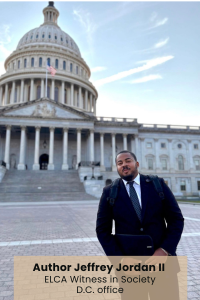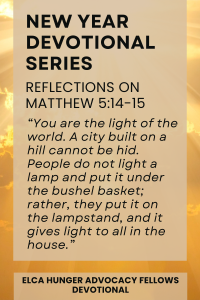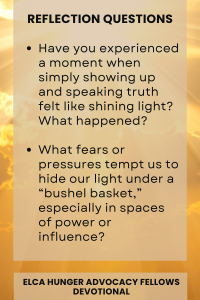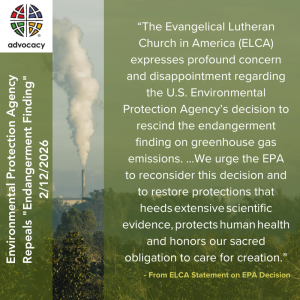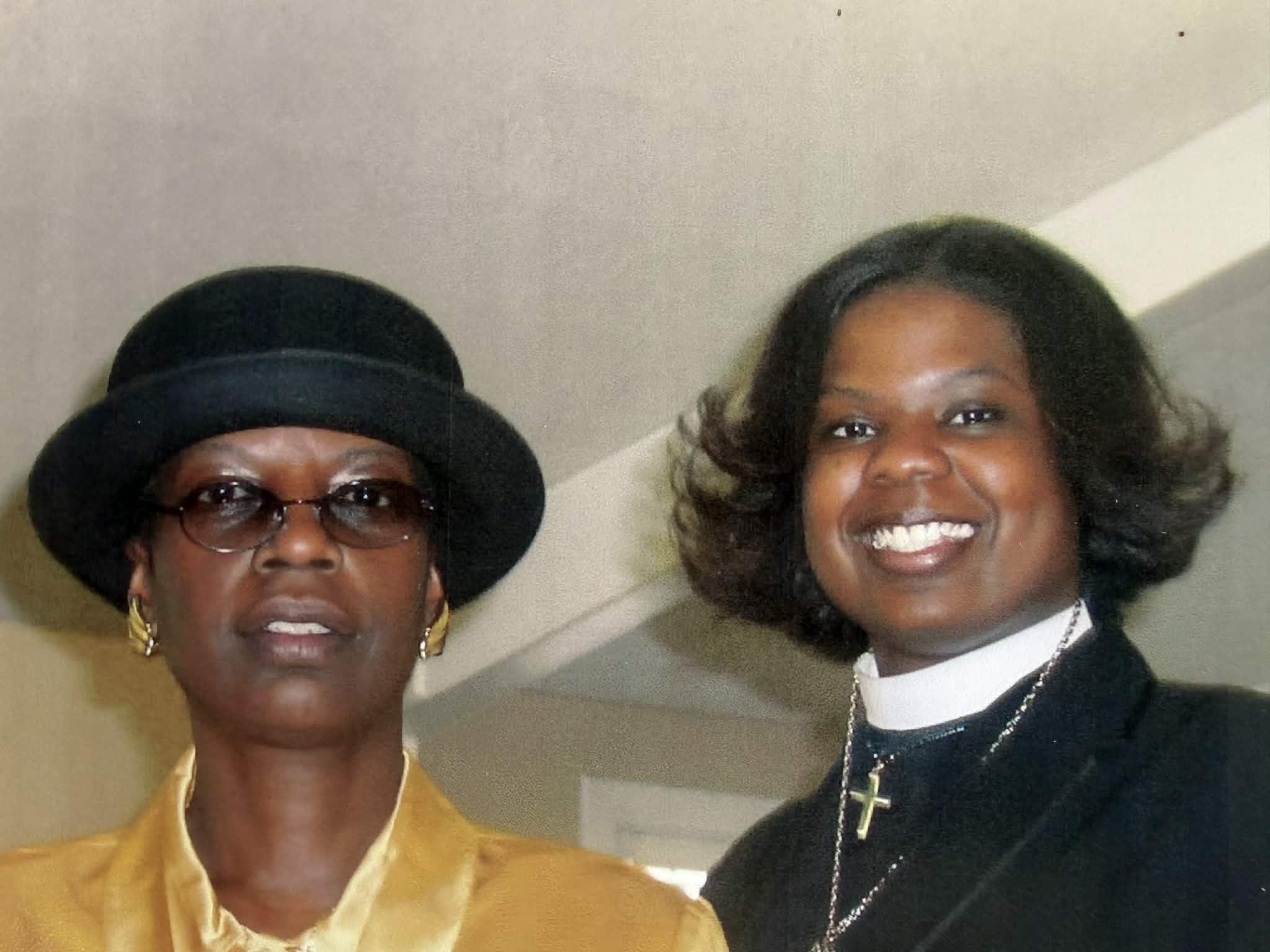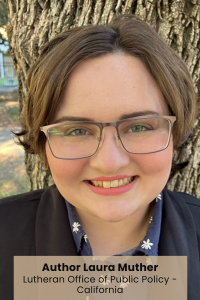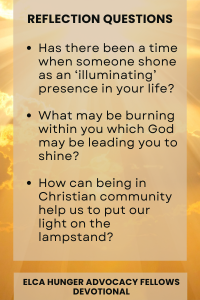This post published on June, 12, 2025, and was updated on February 27, 2026.
NEWLY UPDATED PREACHING AND HYMN SUGGESTION RESOURCE: To assist worshiping communities using the provisional alternative lectionary texts beginning in year A, a resource with preaching guidance and hymn suggestions is now available. If you accessed this resource previously, please note there have been minor corrections. See especially the corrected First Reading for Easter 6A (Ezekiel 43:1-7a). See below for more information about other available resources and how to give feedback to the Consultation on Common Texts during this trial period.
For users of SundaysandSeasons.com, the provisional alternative readings are listed as options in the Day Texts and as an option in the Planner.
The Consultation on Common Texts (CCT)— a joint American and Canadian ecumenical body—oversees the Revised Common Lectionary (RCL), a schedule of biblical passages read on Sundays and festivals in congregations of multiple denominations in North America and other parts of the world. The ELCA is one of more than 20 member denominations.
At its April 2025 meeting, CCT approved a provisional update to the RCL. This update reexamines passages of Scripture that have historically been misused to justify discrimination and violence against the Jews. This process involved extensive study and consultation with biblical experts, church historians, and liturgical leaders, including a forum with consultation and participation of Jewish scholars. The ELCA Consultative Panel on Lutheran-Jewish Relations was among the groups that offered feedback during this process that helped shape this ecumenical effort.
This proposed update is commended by the CCT to the churches for a three-year trial period, beginning in Advent of 2025 (Year A).
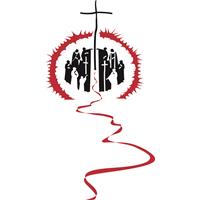 Key Areas of Focus
Key Areas of Focus
The proposal considers how the passion narrative is proclaimed on Palm/Passion Sunday and Good Friday, offering guidance for preachers and worshipers.
It also includes provisional revisions to the lectionary for the Easter season and the Time after Pentecost. A significant concern raised is the practice of replacing Old Testament readings with passages from Acts during Eastertide. As the proposal notes:
“The RCL lectionary for Easter Season has perpetuated what we also find to be a potentially harmful practice of replacing the first reading from the Old Testament with a reading from Acts during Easter Season. For Christians not to read from texts shared with Jews during any season of the year is inherently problematic.”
…
“Therefore, the Consultation recommends alternative readings from the Hebrew Scriptures during Eastertide, drawing on work from the Church of Scotland as promoted by the English Language Liturgical Consultation.”
The proposal suggests delaying readings from Acts until after Pentecost, using them as a replacement for the second reading.
Next Steps for ELCA Congregations and Worshiping Communities
As a member church of the Consultation on Common Texts, the ELCA encourages use and testing of these materials during these next three years. Feedback may be provided directly to the CCT during this testing phase. Please also consider sharing this feedback with the ELCA Worship team at worship@elca.org.
Available Resources
Several existing ELCA resources can help guide worship leaders and preachers in addressing these important concerns:
- Worship Resource: Provisional Lectionary Proposal Responding to Concerns about Anti-Jewish Interpretation – a resource available from ELCA Worship to assist worship planners. (Updated 2-27-2026)
- Preaching and Teaching “With Love and Respect for the Jewish People” – from the ELCA Consultative Panel on Lutheran-Jewish Relations.
- “The Jews” in John’s Passion – an essay published in the 2020 edition of the Sundays and Seasons worship planning resource from Augsburg Fortress and available for local use.
- Readings for Assembly (Emended) – a provisional emendation of the NRSVue for the entire RCL cycle continues to be available to subscribers to com. Considering Anti-Jewish interpretations is one of several principles that guided this liturgical translation intended for use in worship.




